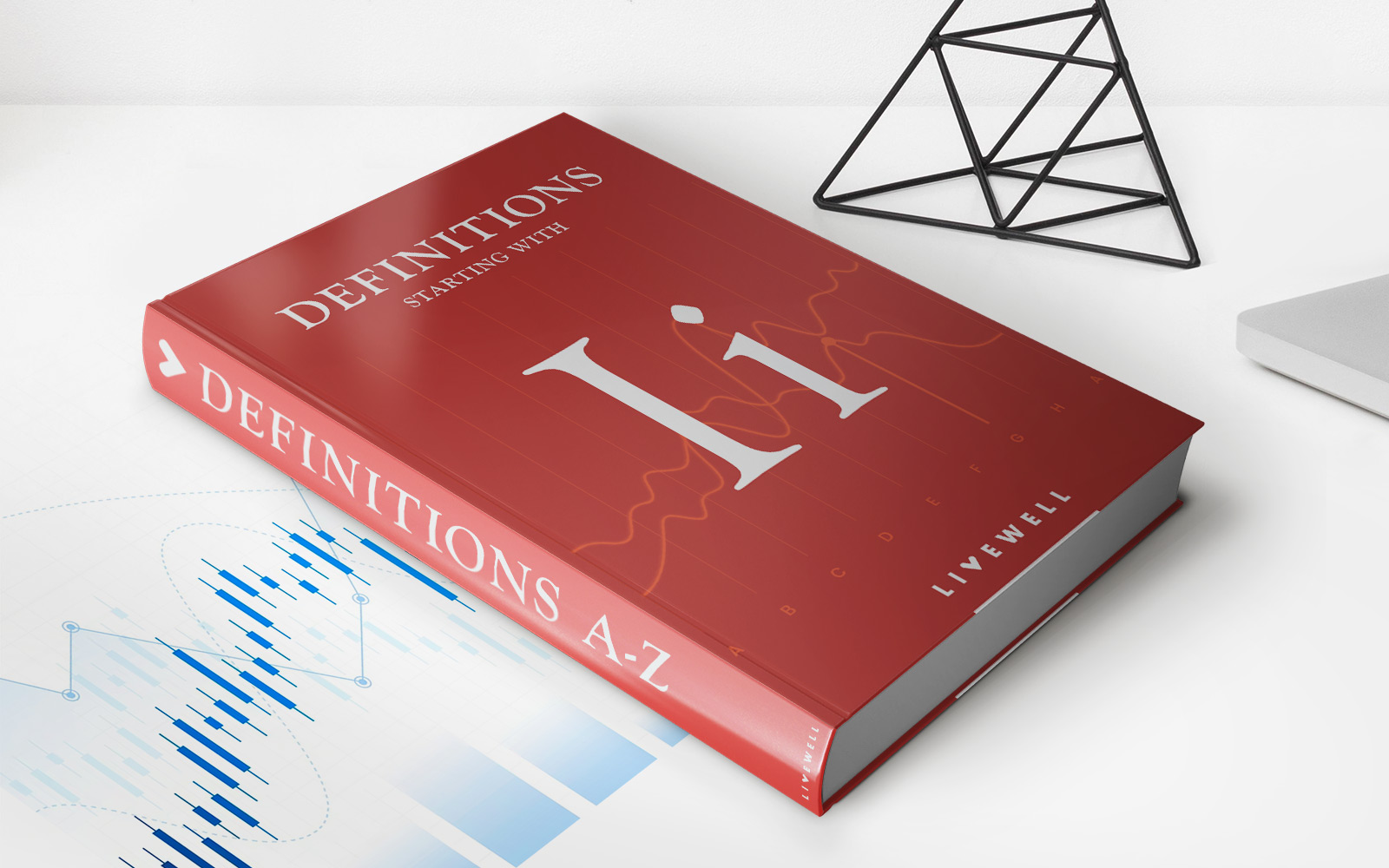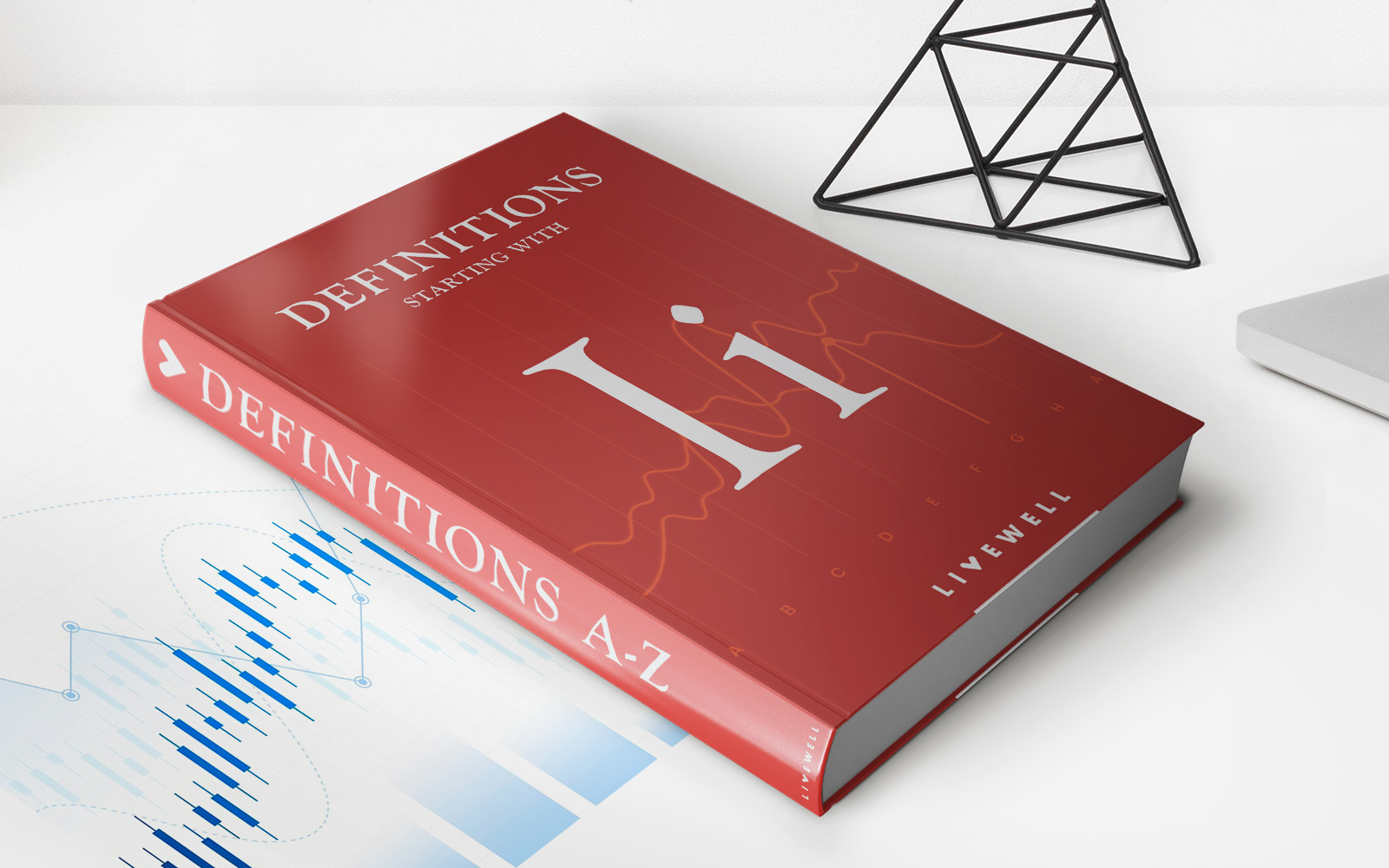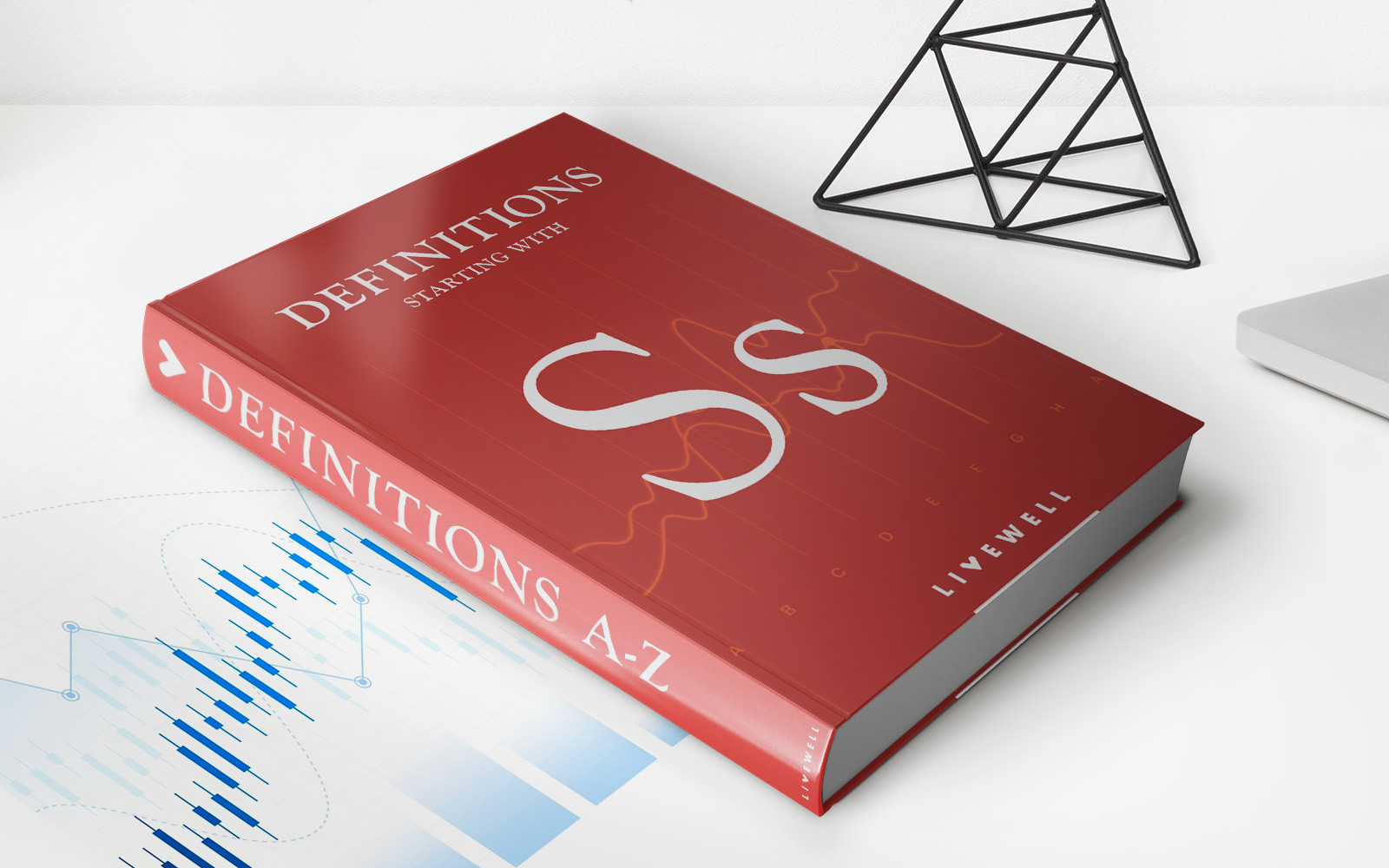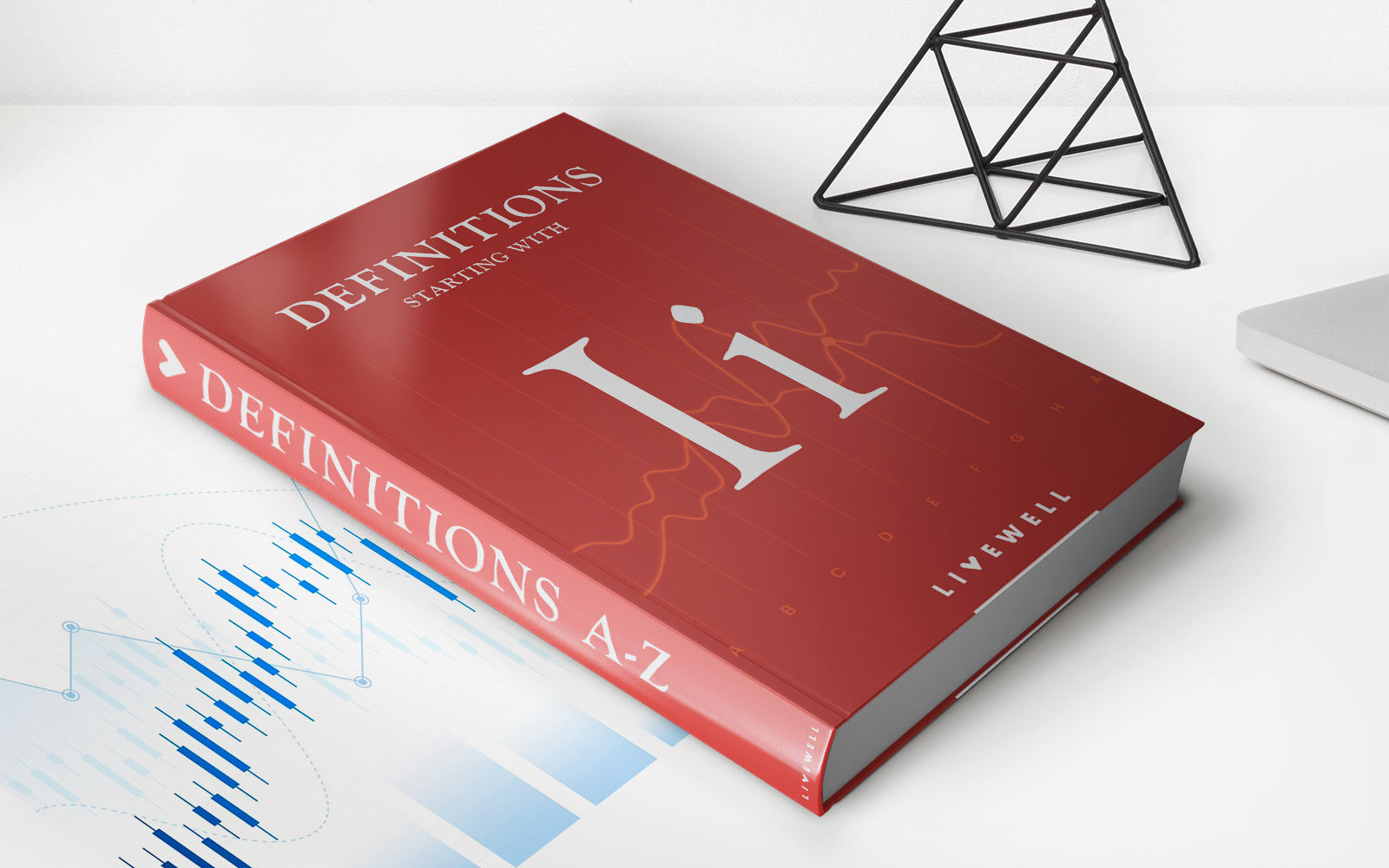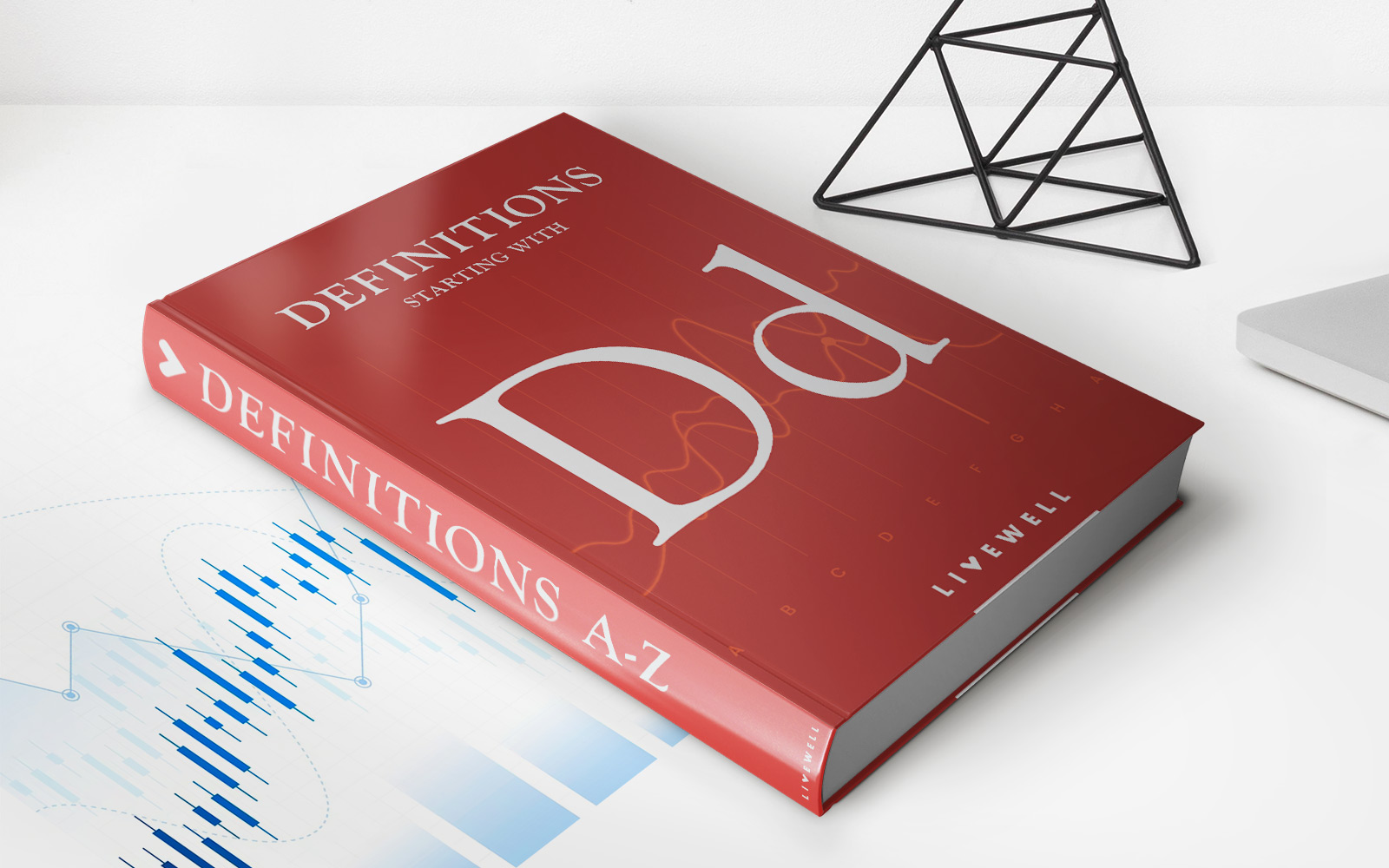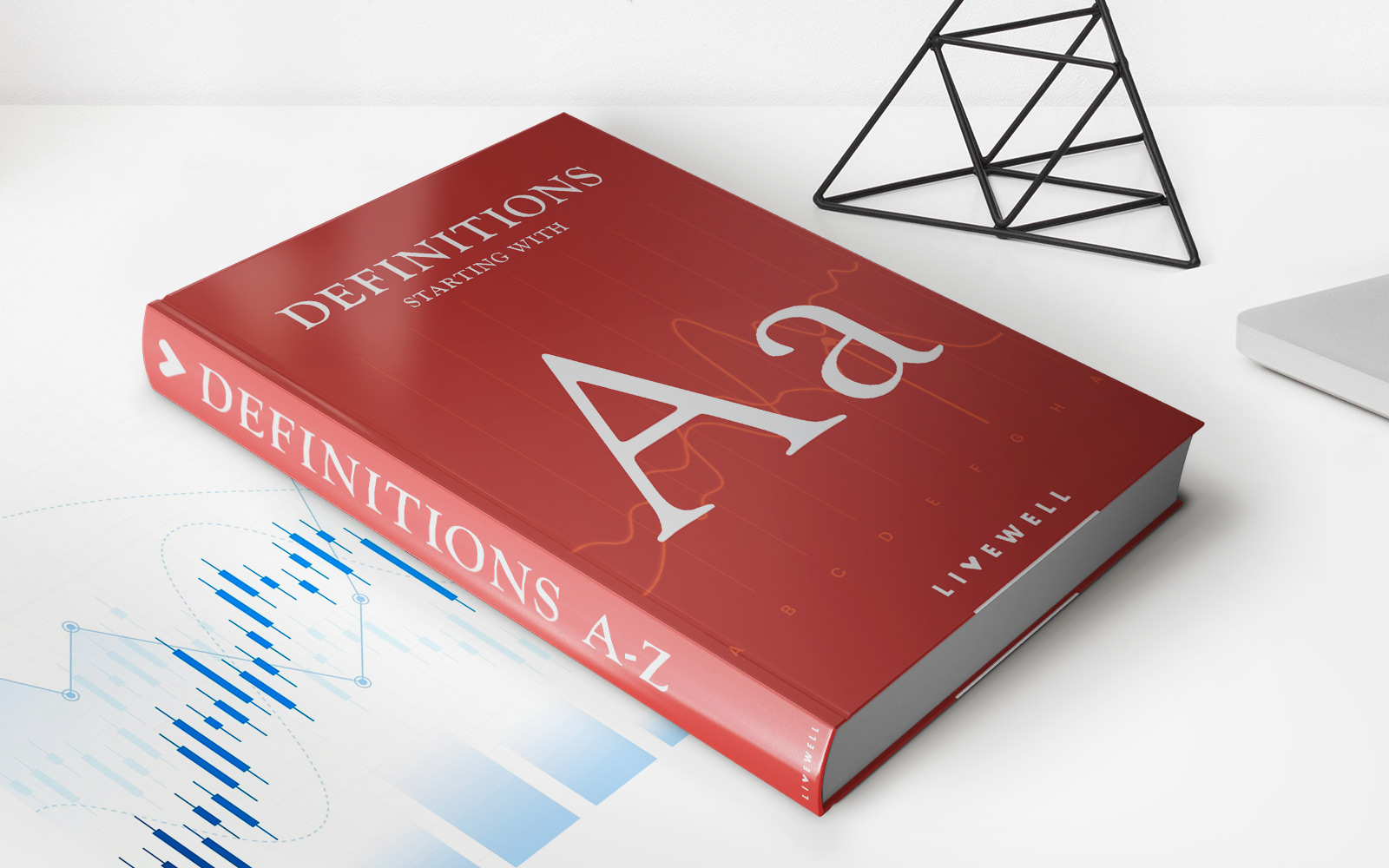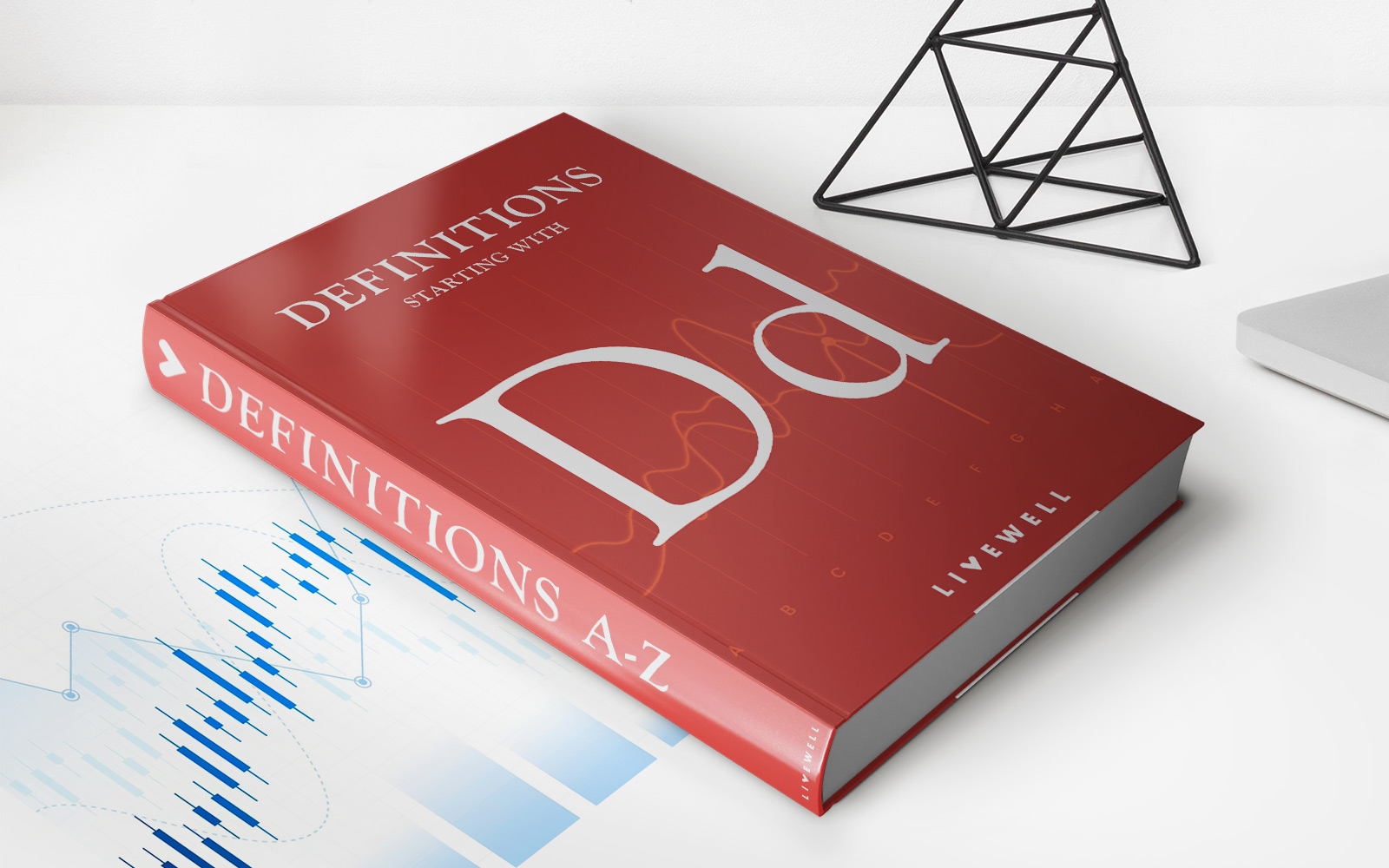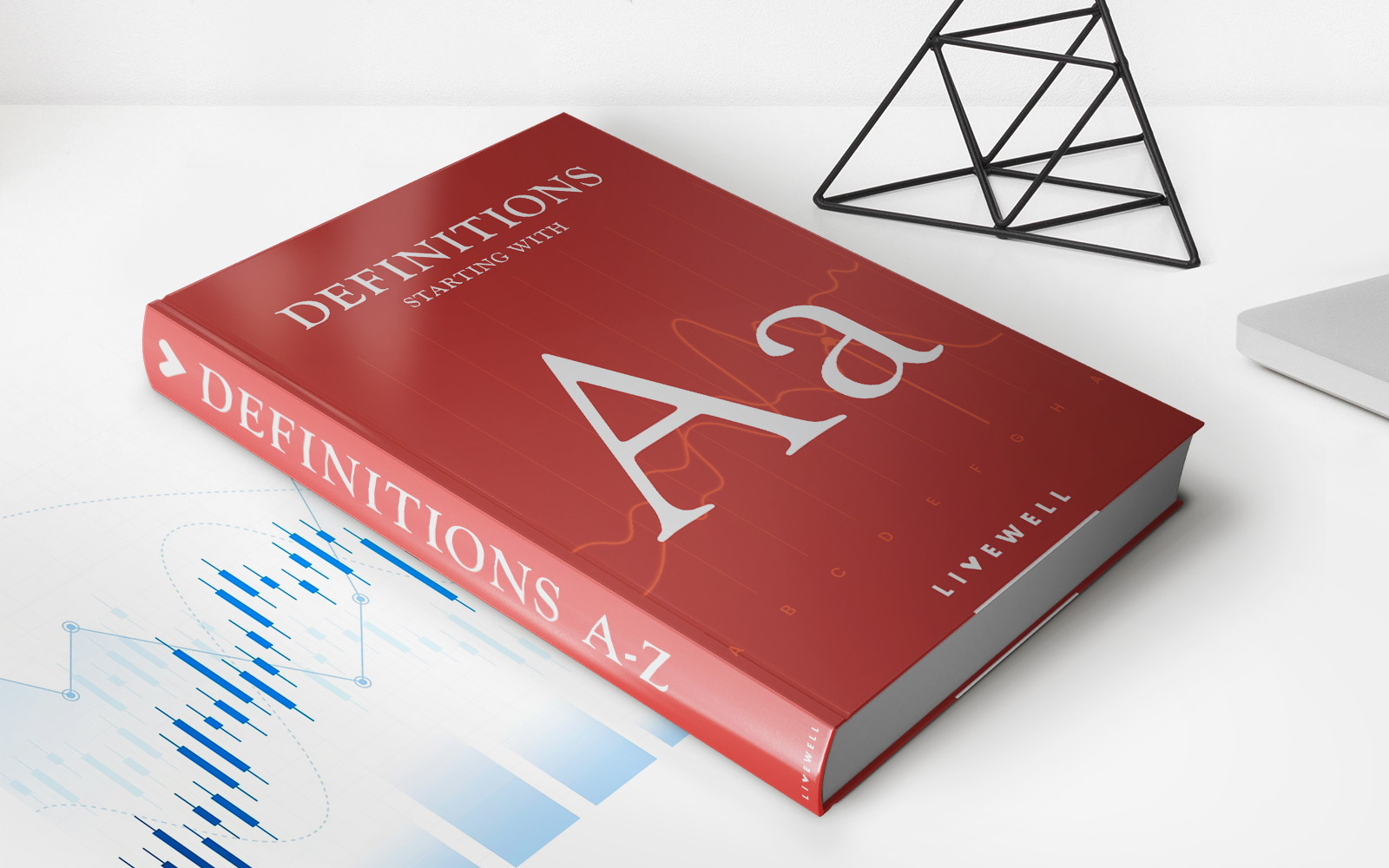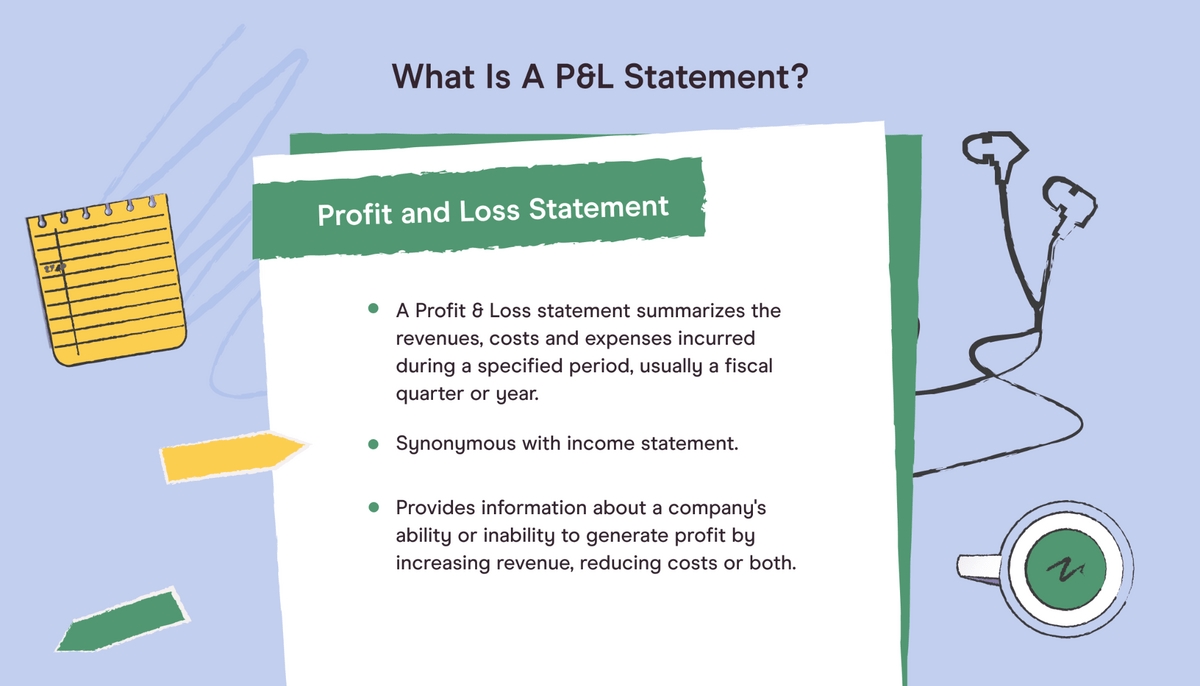Home>Finance>What Is A Transfer Tax? Definition And How It Works With Inheritances
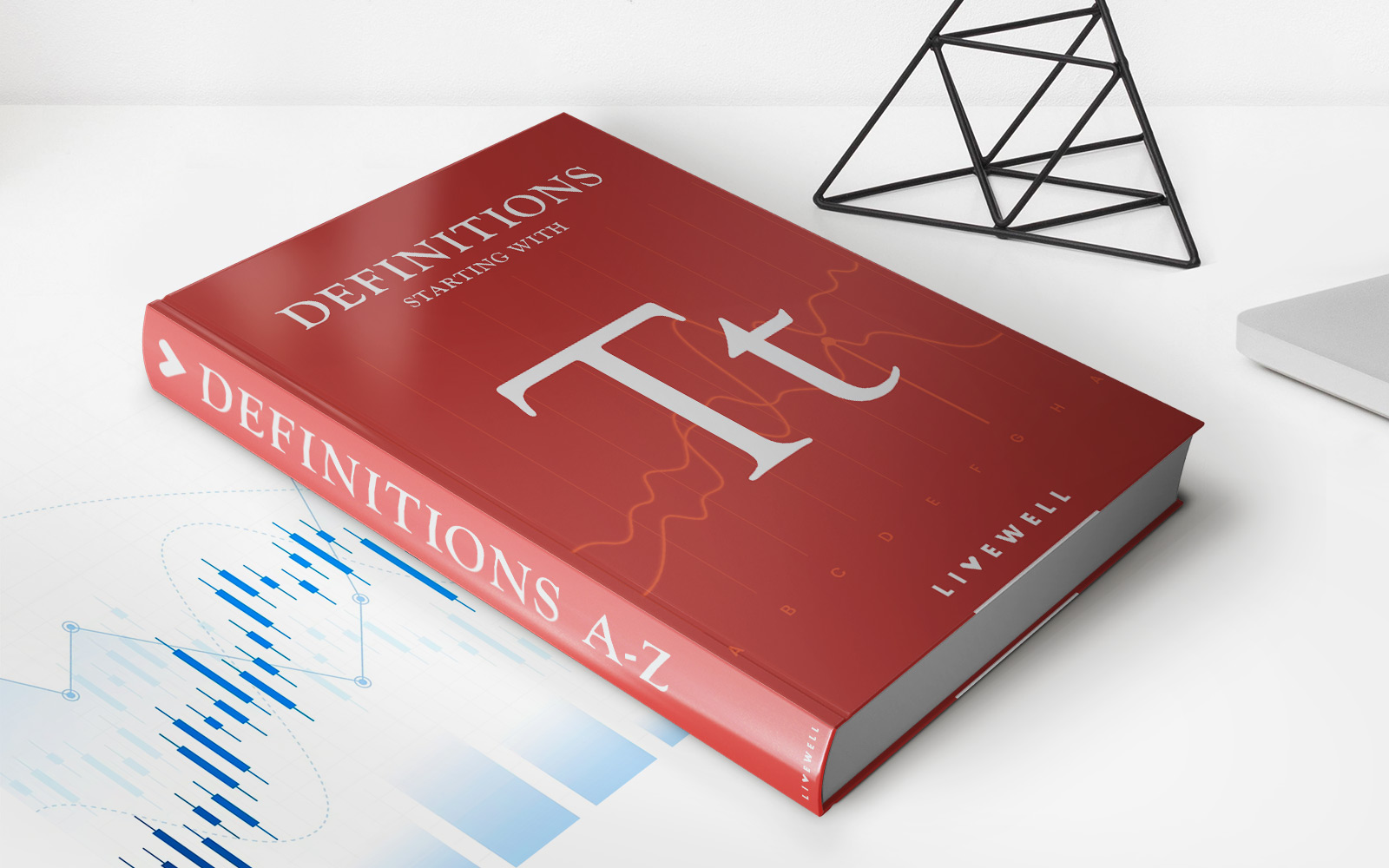

Finance
What Is A Transfer Tax? Definition And How It Works With Inheritances
Published: February 10, 2024
Learn about transfer taxes in finance, including their definition and how they affect inheritances. Understand how transfer taxes work and their impact on your financial planning.
(Many of the links in this article redirect to a specific reviewed product. Your purchase of these products through affiliate links helps to generate commission for LiveWell, at no extra cost. Learn more)
Understanding Transfer Tax: What It Means for Inheritances
When it comes to managing finances and planning for the future, understanding the intricacies of taxes is essential. One key term that often arises in conversations about inheritances is the transfer tax. But what exactly is a transfer tax, and how does it impact the transfer of assets from one generation to the next? In this article, we’ll delve into the definition of transfer tax and explore how it works, specifically in the context of inheritances.
Key Takeaways:
- Transfer tax is a tax imposed on the transfer of assets or property, either during a person’s lifetime or after death.
- There are different types of transfer taxes, including estate tax and gift tax, which can affect inheritances.
What is a Transfer Tax?
A transfer tax is a type of tax levied on the transfer of assets or property, either during a person’s lifetime or after their death. It is intended to generate revenue for the government and serves as a means of controlling the distribution of wealth. Transfer taxes can be imposed on various types of transfers, including real estate, financial assets, and personal property.
How does Transfer Tax Work with Inheritances?
When it comes to inheritances, two types of transfer taxes commonly come into play: estate tax and gift tax.
Estate Tax:
Estate tax is a tax imposed on the value of an individual’s estate at the time of their death. It is calculated based on the total value of the assets owned by the deceased, including real estate, investments, cash, and other valuable possessions. The tax is usually paid by the estate itself before the remaining assets are distributed to the beneficiaries. The specific rate of estate tax can vary depending on the jurisdiction and the value of the estate.
Gift Tax:
Gift tax, on the other hand, applies to transfers of assets during a person’s lifetime. If an individual gives a substantial gift, such as property or a large sum of money, to another person, they may be subject to gift tax. The purpose of this tax is to prevent individuals from avoiding estate tax by giving away their assets before they pass away. There are annual exclusions and lifetime exemptions that determine whether a gift is subject to tax, and it’s crucial to consult with a tax professional for guidance on specific amounts and regulations.
Key Takeaways:
- Estate tax is a tax on the value of a deceased individual’s estate, payable by the estate before distributing assets to beneficiaries.
- Gift tax is a tax on substantial lifetime transfers, aiming to prevent individuals from avoiding estate tax.
Understanding transfer tax is crucial when dealing with inheritances and managing finances. When planning your estate or considering making substantial gifts, it’s important to consider the potential tax implications. Seek the guidance of a qualified tax professional who can provide tailored advice based on your unique situation.
Remember, each jurisdiction may have different laws and regulations regarding transfer taxes and inheritances. Staying informed and seeking professional guidance can help ensure that you’re making informed decisions and minimizing any tax burdens.
